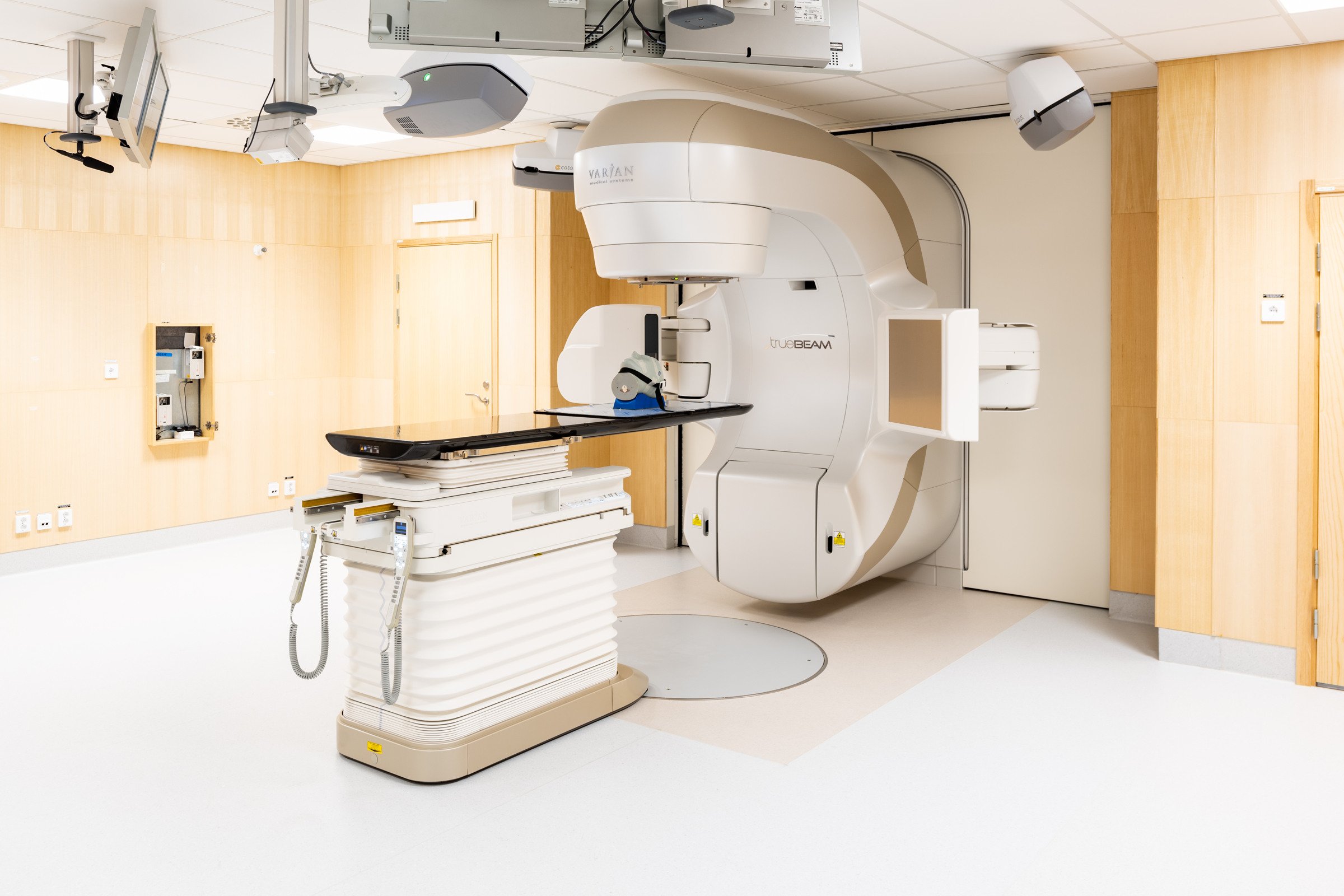Melanoma and Other Skin Cancers
In recent decades there has been a steep increase in the incidence of skin cancers, including melanoma. This increase is, at least in part, believed to be related to ultraviolet radiation exposure habits. Basal cell and squamous carcinoma skin cancers are almost always cured by surgery; however, a small portion becomes locally aggressive. Most melanomas are also operated on at an early stage and have a good prognosis.
However, some melanomas are diagnosed at later stages and are more prone to metastasize. At the Karolinska Skin Cancer Center, different specialists work together to ensure the best diagnostics and treatment options. Our multidisciplinary team includes dermatologists, surgeons, medical and radiation oncologists, radiologists, pathologists, and specialist nurses. All patients are provided with a contact nurse, available from diagnosis to follow-up. The contact nurse is the first point of contact and is responsible for toxicity assessments, symptom management, and the individual care plan.
